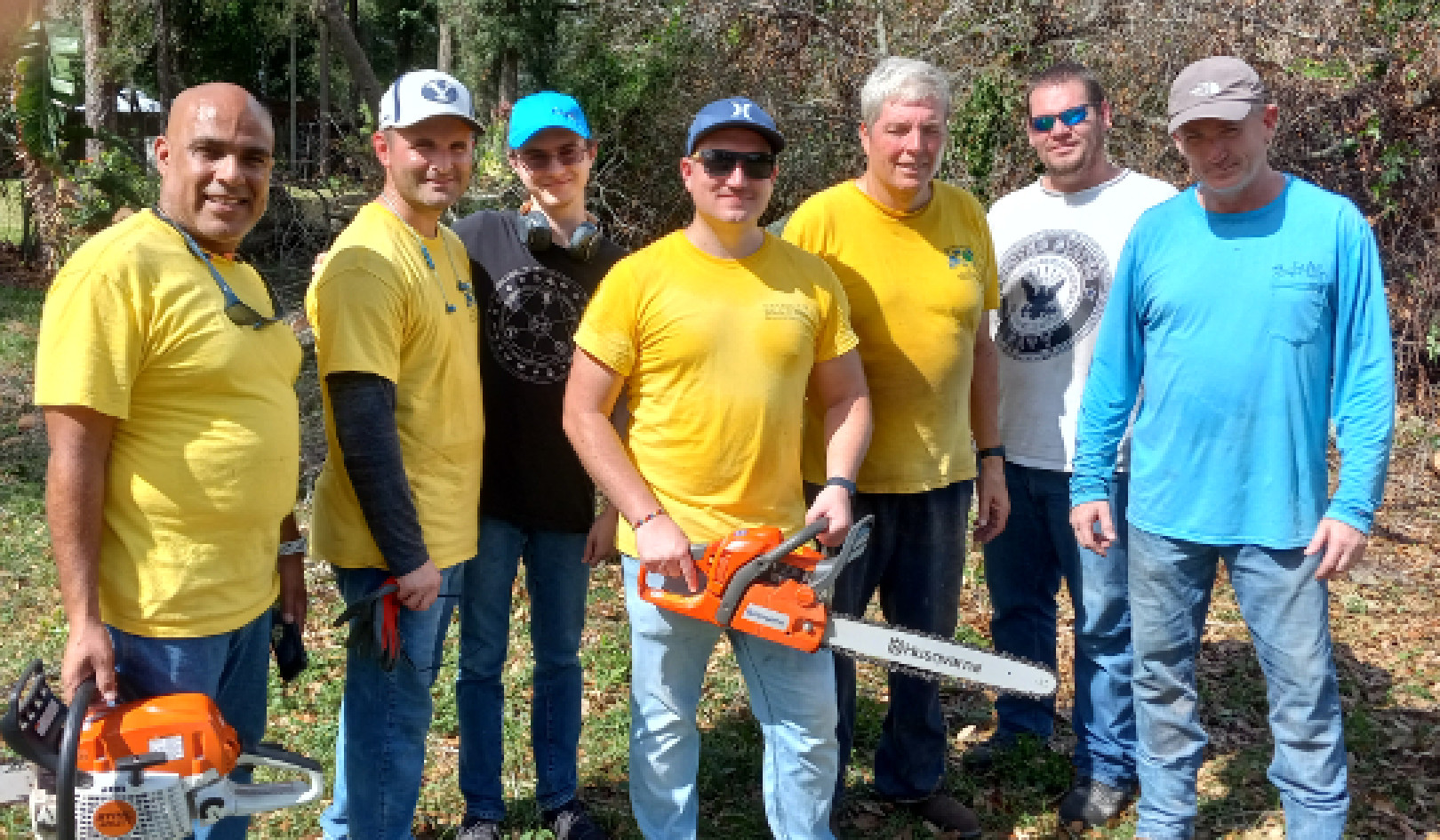
One of the biggest things I've discovered working with clients everyday is how extremely difficult and challenging it is for most people today to know what is best for them to think, say and do in the various situations and relationships in their lives.
Much of the confusion arises because we live in a time of such information overload that we are literally bombarded from morning to evening with information from all sides as to what we "should" and "shouldn't" do to live happy lives. Not only does everyone have an opinion - but with the advent of social media and having the whole world online and all the time at our fingertips, we also have access to everyone's opinions and ideas all the time.
So it's not just well-meaning friends and families and partners who have good ideas about what's good for us, now everyone does. And we get to hear it! Because the reality is everyone in the whole wide world has an opinion! There are experts everywhere! Sometimes it just makes you want to scream or hide in a closet.
We Always Have The Information We Seek
The big question is still – with all this information overload – how can I figure out what's best for me? How can I know? What should I do? What's the best way forward for me - not the best way for my girlfriend or my partner or my mother? But a way that's good for me? How can I possibly know?
Interestingly enough, I have discovered, after years of inner work and years of counseling other people, that there is actually a way, a way to know what's best for you and what's best for me in every situation. And I've found out that the answers have been there all along – because they are inside of us! And our emotions are the key to finding those answers!
So yes... it's really very surprising, but I've discovered that our emotions (which is something we all have all the time) are actually signals coming from within each one of us that are actually always giving us the information we seek. But unfortunately most of us have been unable to read these signals correctly. But there is a way!
So to share this powerful and liberating information with everyone, I just wrote a new book called "Find and Follow Your Inner Compass" in which I try to share my discoveries and describe how you can understand your emotions, which are your Inner Compass, and find the guidance you are seeking to guide yourself towards the happiness you seek.
Here are some major points from the book:
How to Find and Follow Your Inner Compass
1) Understand that you have an Inner Compass that is giving you information at all times – via your feelings – about what is best for you. The better something feels, the more joy and flow you are experiencing, the more it is a signal from your Inner Compass that this is the way forward for you. The more uncomfortable something feels, the more it is a signal from your Inner Compass that this is not the way for you.
2) Check your Inner Compass regularly. Stop up every so often during the course of your day and notice what kind of impulses you are receiving from your Inner Compass. Ask yourself: What feels good right now? In what direction do I feel the most flow and good energy?
3) If noticing how you really feel about people and situations is new to you, just start slowly and notice. Don't feel that you immediately have to take action on what you discover. Just notice.
4) As you begin to get used to noticing the signals from your Inner Compass, you will discover that you automatically begin to make small changes in your life. This just happens naturally. It's not something you have to force.
5) Remind yourself that even though other people mean well, they don't have access to your Inner Compass. Only you do. When you notice that you are thinking or worrying about what other people are perhaps thinking – drop it like a hot potato! And return your attention to what's going on inside you and just notice how you really feel.
6) The better you feel, the more flow and good energy you experience, the greater your capacity to support the other people in your life. The more stressed and overwhelmed you are, the more difficult it is for you to support the people in your life. So even though some might say following your Inner Compass is a selfish thing to do, the reality is that it's also the best thing you can do if you want to support others and make a positive contribution to the world.
7) There is no universal standard – no one size fits all. What feels good to you (to your Inner Compass) might not feel good to someone else (to their Inner Compass). Because we are all different, each one of us is unique, and we are all at different places in our lives and at different stages of our development.
8) Remember and respect the fact that everyone – every person you know – has an Inner Compass that is giving them information about what's best for them."
©2016 Barbara Berger. All Rights Reserved.
Article Source
From Barbara Berger's coming book (late 2016) "Find and Follow Your Inner Compass: Instant Guidance in an Age of Information Overload". For more about the new book including extracts, click here.
Book by this Author
 Are You Happy Now? 10 Ways to Live a Happy Life
Are You Happy Now? 10 Ways to Live a Happy Life
by Barbara Berger.
Click for more info or to order this book on Amazon.
About the Author

Barbara Berger has written over 15 self-empowerment books, including her international bestsellers "The Road to Power / Fast Food for the Soul" (published in 30 languages) and "Are You Happy Now? 10 Ways to Live a Happy Life" (published in 21 languages). She is also the author of “The Awakening Human Being – A Guide to the Power of Mind” and “Find and Follow Your Inner Compass”. Barbara's latest books are “Healthy Models for Relationships – The Basic Principles Behind Good Relationships” and her autobiography “My Road to Power – Sex, Trauma & Higher Consciousness”..
American-born, Barbara now lives and works in Copenhagen, Denmark. In addition to her books, she offers private sessions to individuals who wish to work intensely with her (in her office in Copenhagen or on Zoom, Skype and telephone for people who live far away from Copenhagen).
For more about Barbara Berger, see her website: www.beamteam.com


























